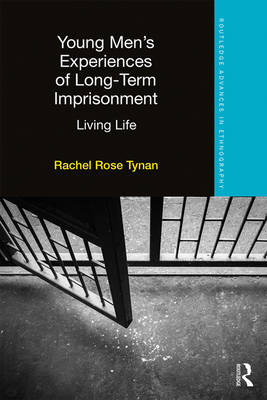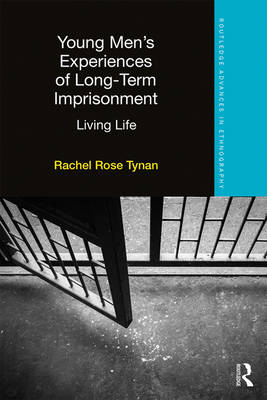
- Retrait gratuit dans votre magasin Club
- 7.000.000 titres dans notre catalogue
- Payer en toute sécurité
- Toujours un magasin près de chez vous
- Retrait gratuit dans votre magasin Club
- 7.000.000 titres dans notre catalogue
- Payer en toute sécurité
- Toujours un magasin près de chez vous
Description
Long sentenced young people are a small but significant part of the juvenile prison population. The current approach to young people convicted of serious crime speaks to wider issues in criminal and social justice, including the idealisation of (some) childhoods, processes of racialisation and identity and the sociology of the body. Analysing the relationships between biography, trauma and habitus reveals the ways in which class, racial and legal status are experienced and resisted.
Young Men's Experiences of Long-Term Imprisonment: Living Life considers the need for the reinvigoration of prison ethnography and calls for a phenomenological approach to understanding youth crime and punishment. An insightful ethnographic study on imprisoned 15- to 17-year-olds in England, this volume examines how young people experience long-term imprisonment, manage their time and imagine and shape their futures. Drawing on observations, interviews and correspondence, Tynan situates long-term imprisonment of young men within the wider social context of criminal and social justice; and analyses constructs and practices that locate responsibility for crime with individuals and communities.
Young Men's Experiences of Long-Term Imprisonment: Living Life will be of interest to students and researchers interested in the sociology of prisons, punishment and youth justice and qualitative research methodology.
Spécifications
Parties prenantes
- Auteur(s) :
- Editeur:
Contenu
- Nombre de pages :
- 178
- Langue:
- Anglais
- Collection :
Caractéristiques
- EAN:
- 9780367581978
- Date de parution :
- 30-06-20
- Format:
- Livre broché
- Format numérique:
- Trade paperback (VS)
- Dimensions :
- 152 mm x 231 mm
- Poids :
- 272 g







